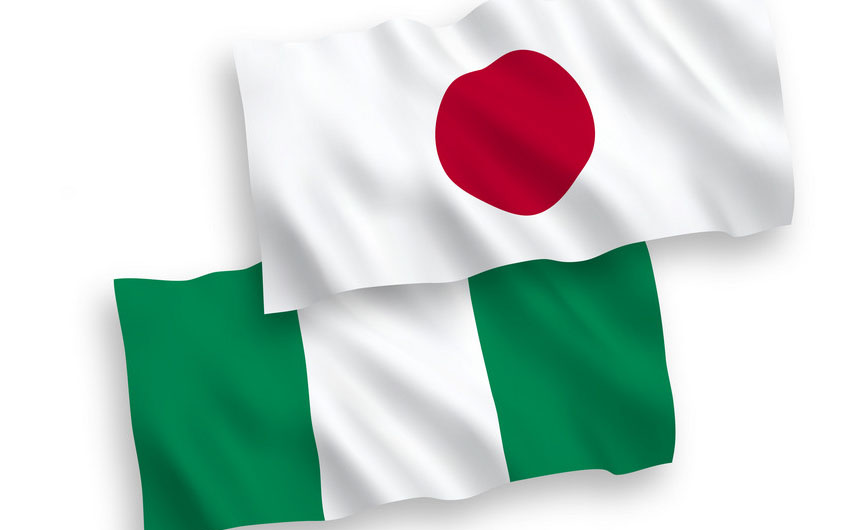Japan has reaffirmed its commitment to strengthening trade relations with Nigeria, with Nigeria’s exports to Japan reaching a significant milestone of 1,250,470,000 USD (approximately ₦975.3 billion). This figure represents a nearly doubling of the 2021 export value, which stood at 759,265,000 USD (approximately ₦592.2 billion).
Conversely, Japan’s imports to Nigeria were estimated at 248,577,000 USD in 2022, compared to 287,331,000 USD in 2021, according to the Trade Office.
The Japanese Ambassador to Nigeria, Matsunaga Kazuyoshi, made these revelations at the Japan Pavilion during the ongoing International Trade Fair in Lagos. He emphasized Japan’s commitment to deepening its economic relationship with Nigeria, recognizing the immense potential of the Nigerian economy.
The trade fair has attracted the participation of 33 Japanese companies out of the 55 Japanese companies operating in Nigeria.
Ambassador Kazuyoshi highlighted the long history of economic ties between Japan and Nigeria, dating back to the establishment of the Japan External Trade Organization (JETRO) office in Lagos in 1939, well before the formal diplomatic relations between the two countries were established in 1960.
He underlined Nigeria’s significant economic strength, abundant natural resources, growing workforce, and rich cultural heritage. He emphasized that the international community is increasingly recognizing Nigeria’s potential.
Trade and investment, in the ambassador’s view, are essential catalysts for job creation, improved productivity, access to capital, knowledge and innovation, and technology transfer. Lagos, as Nigeria’s economic hub, plays a pivotal role in attracting foreign investments to the country. The Lagos International Trade Fair 2023 serves as a platform to showcase the momentum for growth through trade and investment.
Ambassador Kazuyoshi asserted that Japanese businesses are increasingly viewing Nigeria as a vital destination for their operations, and Japan is committed to working with Nigeria to contribute to economic diversification and future growth.
Takashi Oku, the Managing Director/Trade Commissioner of JETRO, pointed out that Nigeria is a net exporter of natural gas and sesame to Japan, while Japan exports cars and machinery to Nigeria. The trade relations between both countries remain strong, with many investments and collaborations. The number of Japanese companies participating in the trade fair has increased, from 19 companies the previous year to 33 companies in the current edition.











